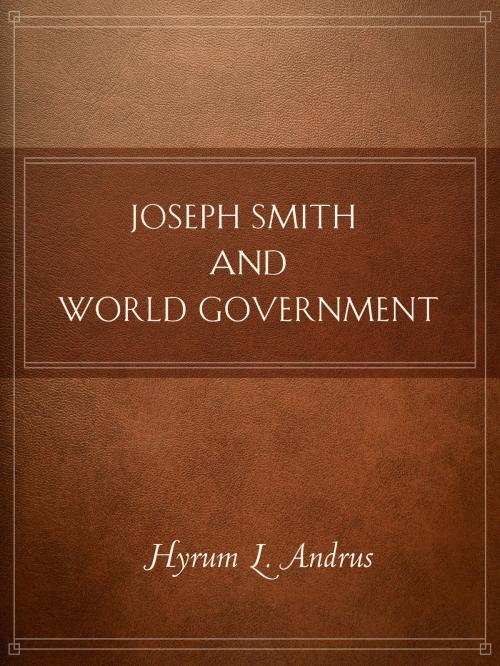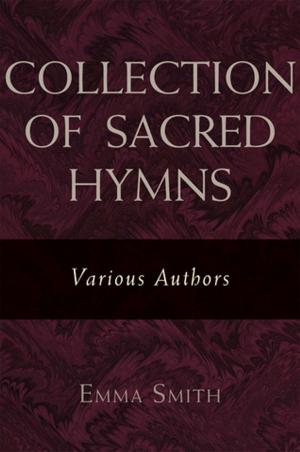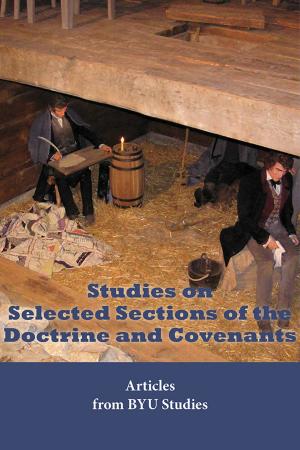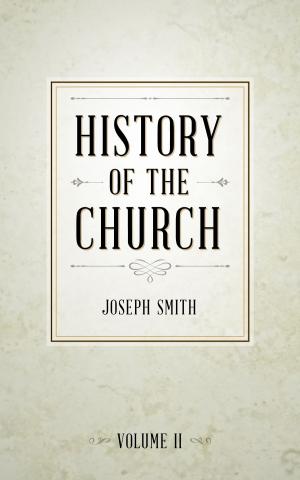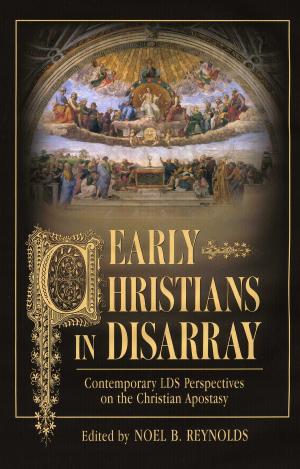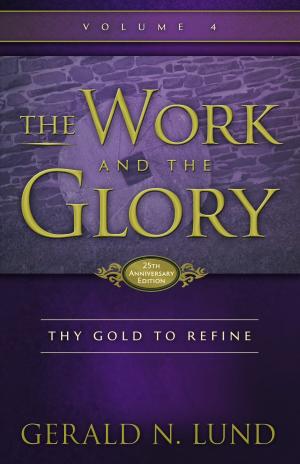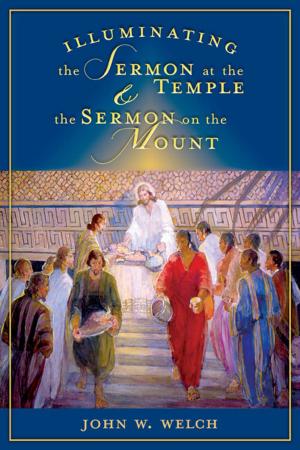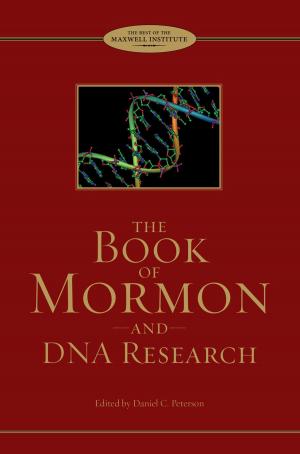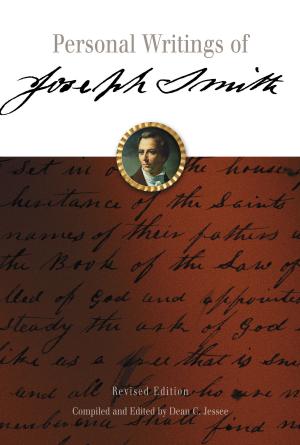Joseph Smith and World Government
Nonfiction, Religion & Spirituality, Christianity, Denominations, Mormonism| Author: | Hyrum L. Andrus | ISBN: | 9781629736518 |
| Publisher: | Deseret Book Company | Publication: | September 5, 2017 |
| Imprint: | Language: | English |
| Author: | Hyrum L. Andrus |
| ISBN: | 9781629736518 |
| Publisher: | Deseret Book Company |
| Publication: | September 5, 2017 |
| Imprint: | |
| Language: | English |
As part of the latter-day "restitution of all things," a constitution for a political Kingdom of God was revealed to Joseph Smith. The political kingdom with its "Government of God," as the facts have been reconstructed by Dr. Andrus, was supposed to grow "out of the Church" and be subject to the ultimate rule of the priesthood. All officers of the government were to be nominated by priesthood authority, and citizens of the kingdom would "recognize the will and dictation of the Almighty" as revealed to Church leaders. Nevertheless, the political and spiritual kingdoms were to be distinct entities, with "a constitutional separation of powers between Zion and the political government." Being republican, representative and democratic, the government would also hold individual rights and freedoms inviolate. The role of political parties in selecting candidates would "naturally" (and with good riddance) be eliminated. As the government expanded to encompass the earth, it was to assume a federal form, with respect for local customs, religion, and cultural patterns. Excluding the church and state relationship, the government would bear a striking similarity to the United States constitutional system as conceived by the Founding Fathers.
Because the revealed constitution is now nowhere to be found, and Joseph Smith was never able to inaugurate the "Government of God" in more than rudimentary form, the author's task of reconstructing Joseph Smith's concept of "world government" is exceedingly difficult. Recognizing the limitations of the source material, Dr. Andrus deals with the subject only in his first chapter. The remaining two-thirds of this slender volume relates to the organization and activities of the General Council, or Council of Fifty, which may have been a first step toward the political kingdom but certainly was not world government.
As part of the latter-day "restitution of all things," a constitution for a political Kingdom of God was revealed to Joseph Smith. The political kingdom with its "Government of God," as the facts have been reconstructed by Dr. Andrus, was supposed to grow "out of the Church" and be subject to the ultimate rule of the priesthood. All officers of the government were to be nominated by priesthood authority, and citizens of the kingdom would "recognize the will and dictation of the Almighty" as revealed to Church leaders. Nevertheless, the political and spiritual kingdoms were to be distinct entities, with "a constitutional separation of powers between Zion and the political government." Being republican, representative and democratic, the government would also hold individual rights and freedoms inviolate. The role of political parties in selecting candidates would "naturally" (and with good riddance) be eliminated. As the government expanded to encompass the earth, it was to assume a federal form, with respect for local customs, religion, and cultural patterns. Excluding the church and state relationship, the government would bear a striking similarity to the United States constitutional system as conceived by the Founding Fathers.
Because the revealed constitution is now nowhere to be found, and Joseph Smith was never able to inaugurate the "Government of God" in more than rudimentary form, the author's task of reconstructing Joseph Smith's concept of "world government" is exceedingly difficult. Recognizing the limitations of the source material, Dr. Andrus deals with the subject only in his first chapter. The remaining two-thirds of this slender volume relates to the organization and activities of the General Council, or Council of Fifty, which may have been a first step toward the political kingdom but certainly was not world government.
